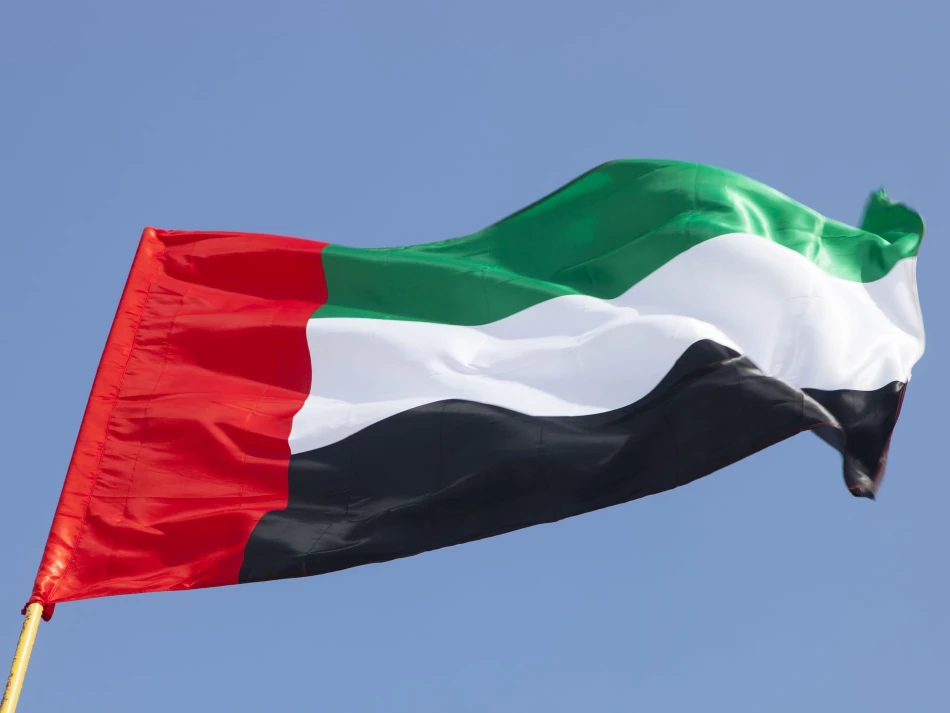
UAE Condemns Netanyahu's Aggressive Qatar Remarks, Affirms Full Solidarity
UAE Condemns Israeli Threats Against Qatar as Regional Security Crisis Deepens
The United Arab Emirates has issued a sharp condemnation of Israeli Prime Minister Benjamin Netanyahu's threatening statements against Qatar, marking a significant diplomatic intervention that underscores growing tensions in the Gulf. The UAE's foreign ministry declared that any attack on a Gulf state constitutes an assault on the entire Gulf Cooperation Council's collective security framework, signaling a unified regional stance despite past diplomatic rifts.
Gulf Unity Trumps Past Divisions
The UAE's forceful defense of Qatar represents a remarkable shift in regional dynamics. Just seven years ago, the UAE was part of a Saudi-led blockade against Qatar that lasted from 2017 to 2021, severely restricting trade, travel, and diplomatic relations. The crisis centered on accusations that Qatar supported terrorist organizations and maintained overly close ties with Iran—charges Qatar consistently denied.
Today's statement reveals how dramatically the geopolitical landscape has evolved. The UAE's foreign ministry emphasized that "Qatar's security and stability are an integral part of the security and stability of the GCC states," effectively drawing a red line around Gulf sovereignty that transcends bilateral disagreements.
Netanyahu's Escalating Rhetoric Backfires
The Israeli Prime Minister's threats against Qatar appear to have achieved the opposite of their intended effect. Rather than isolating Qatar, Netanyahu's aggressive statements have prompted Gulf states to close ranks in a display of regional solidarity that strengthens Qatar's position.
This development is particularly significant given Qatar's role as a key mediator in Gaza ceasefire negotiations and its hosting of Hamas political leadership. Netanyahu's criticism of Qatar's mediation efforts—despite their crucial importance to securing hostage releases—has been viewed across the region as counterproductive and destabilizing.
Strategic Implications for Regional Security
Economic Consequences
The UAE's strong stance carries substantial economic weight. As one of the Middle East's major financial and trade hubs, the Emirates' position influences broader regional investment flows and security calculations. The implicit threat that attacks on Gulf states would trigger collective response mechanisms adds a new layer of deterrence to regional security architecture.
Diplomatic Realignment
The UAE's intervention demonstrates how Israel's expanding military operations and increasingly aggressive rhetoric are reshaping Middle Eastern alliances. Despite the Abraham Accords normalizing UAE-Israel relations in 2020, the Emirates is clearly prioritizing Gulf solidarity over its newer diplomatic ties with Israel.
This mirrors similar tensions seen in other Abraham Accords signatories, where public opinion and regional stability concerns often clash with normalized relations with Israel.
Broader Regional Context
The UAE's statement reflects growing concern across the Gulf about Israel's military expansion and its potential to destabilize the broader region. Gulf states have invested heavily in economic diversification and regional stability, making them particularly sensitive to threats that could disrupt their long-term strategic plans.
The timing is also crucial, coming as Gulf states seek to position themselves as reliable mediators and stability anchors in an increasingly volatile Middle East. Netanyahu's threats against Qatar directly challenge this role, forcing Gulf states to choose between accommodation and confrontation.
For regional observers, the UAE's firm response suggests that Gulf unity on core security issues remains stronger than many external actors anticipated, potentially complicating Israeli strategic calculations and reinforcing the importance of diplomatic engagement over military threats in resolving regional disputes.
Most Viewed News

 Sara Khaled
Sara Khaled






